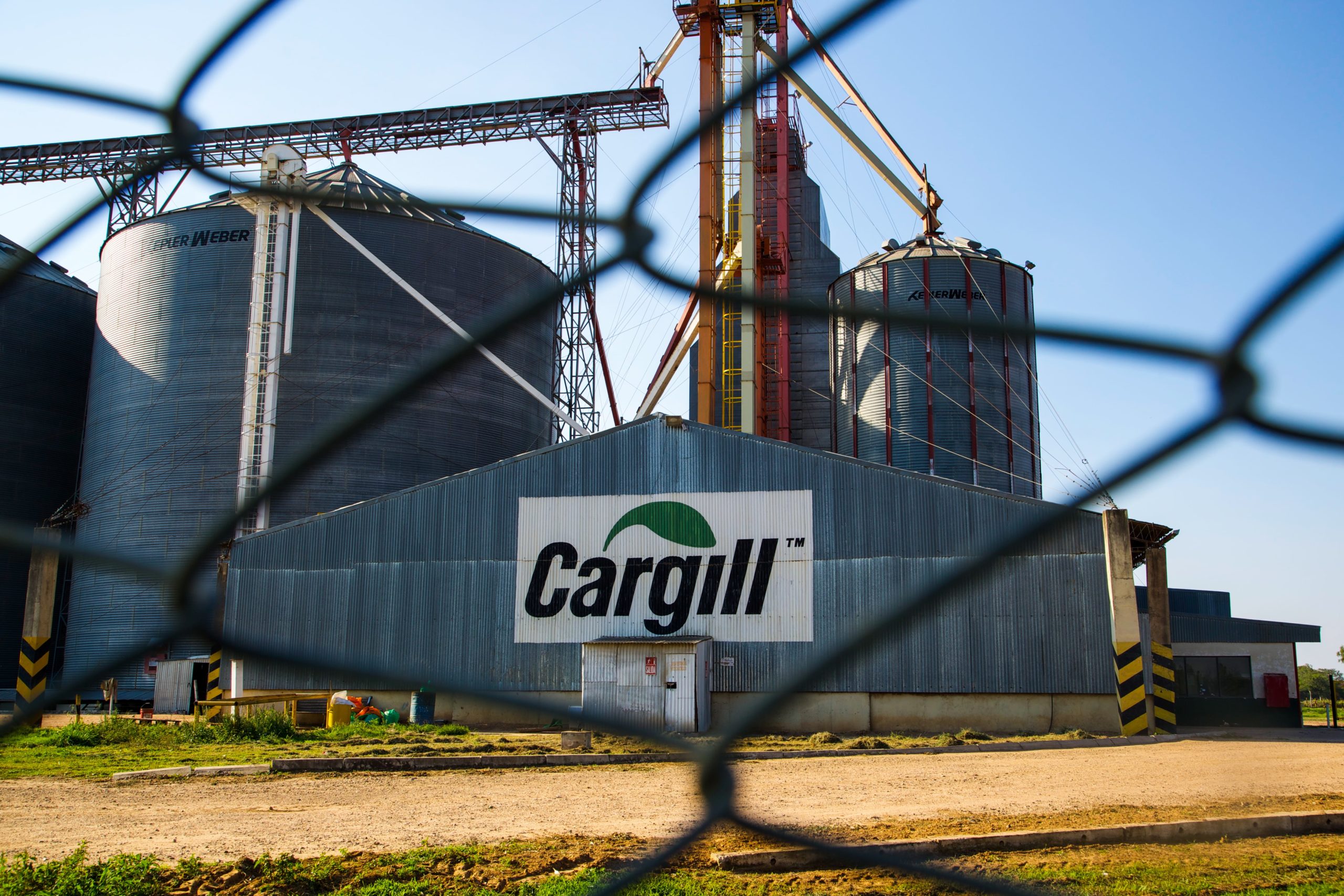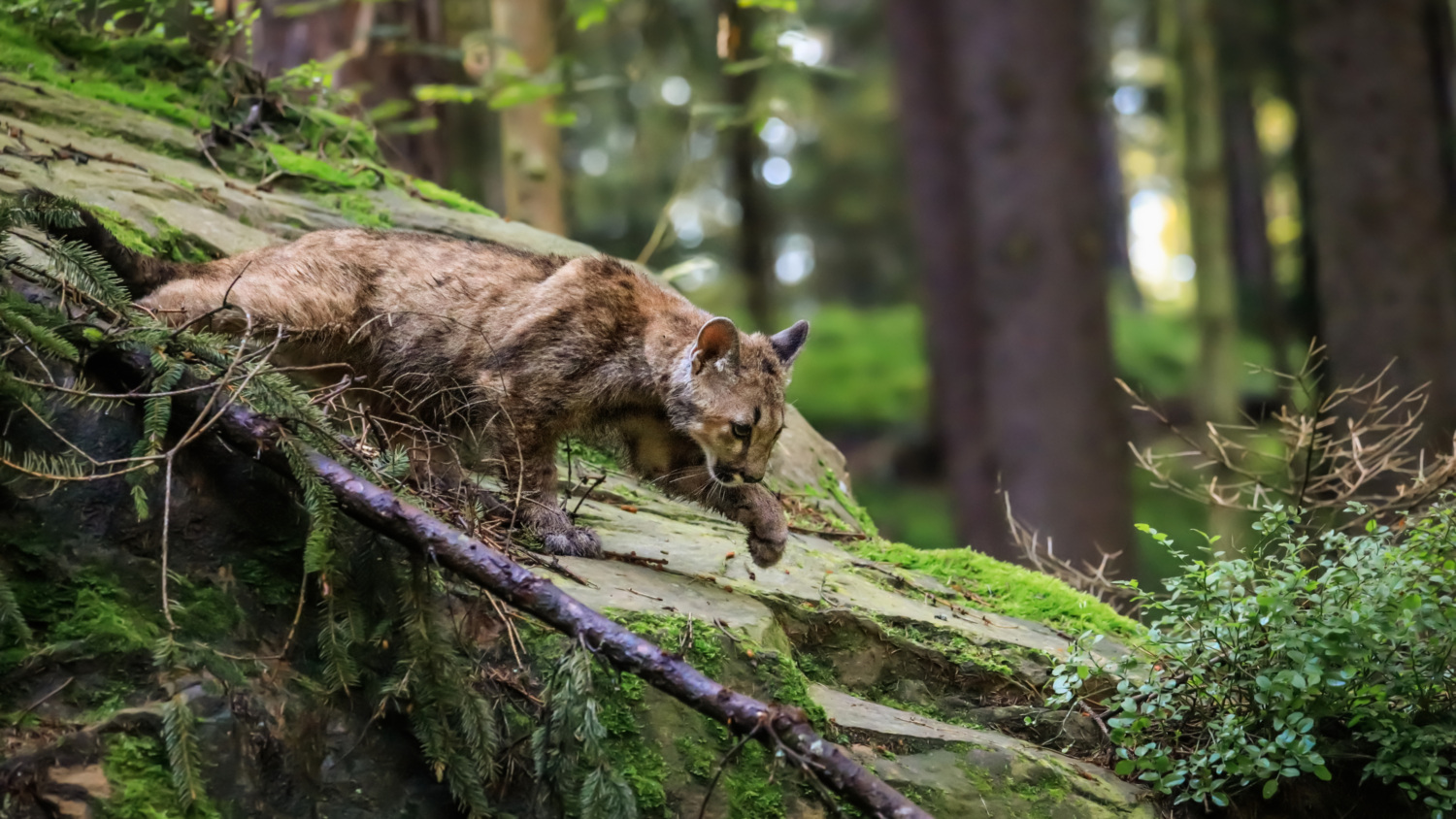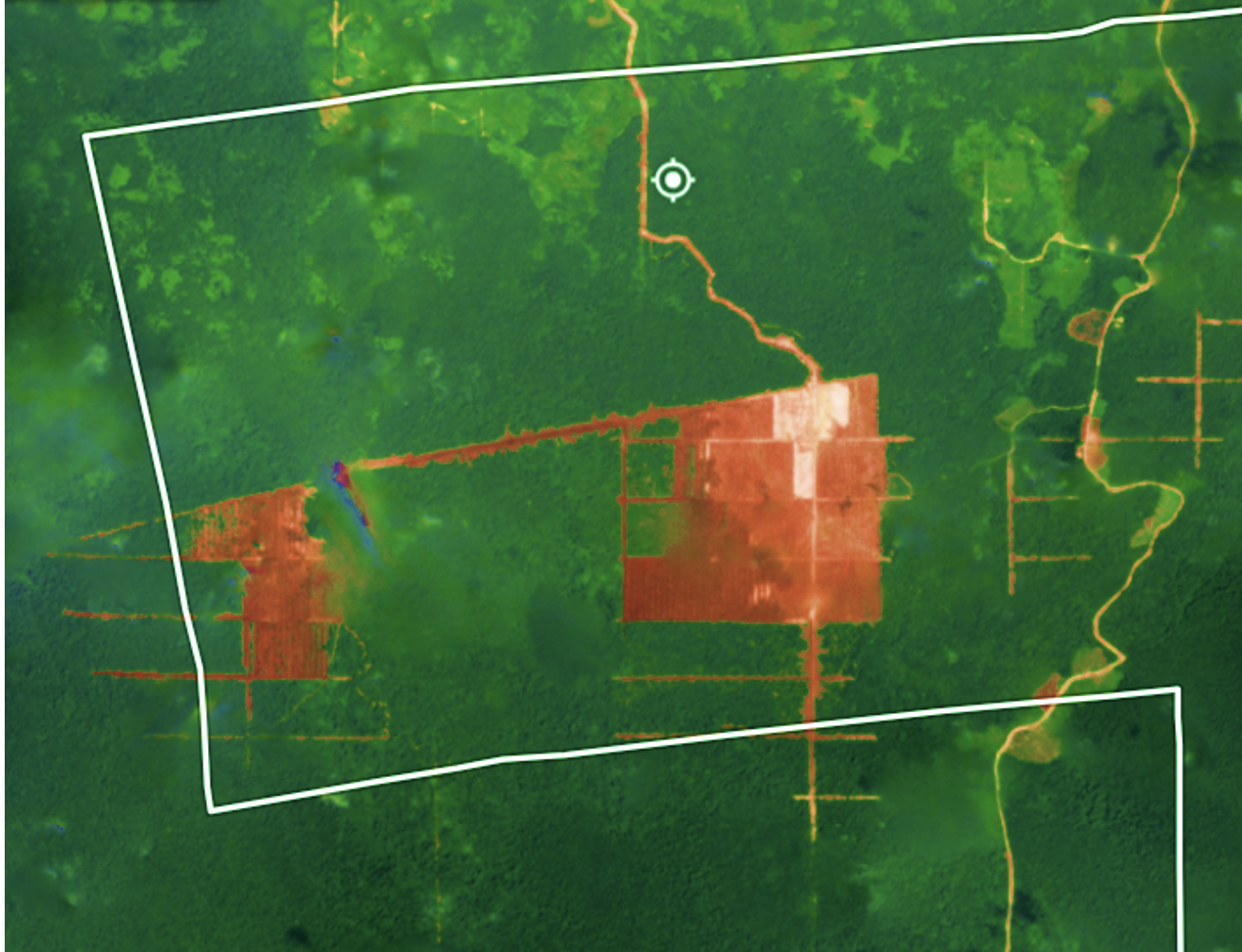
Cargill Hides its Deforestation Impacts in Misleading Report
By: Asha Sharma
As yet another company distances itself from Cargill, the agribusiness giant has attempted to satiate its customers’ demands for reform with a new, deceptive report. Cargill’s 2020 Soy Progress Report Mid-Year Update touts the company’s progress mapping its Brazilian supply chain for soybeans and calculating the share of its soy grown on deforestation- and conversion-free land. However, an analysis by Mighty Earth mapping and supply chain experts has found that Cargill’s accounting methods are both grossly inaccurate and intentionally misleading.
Key problems we identified with the report are:
- Overstating the percentage of Cargill soy that is deforestation and conversion free (DCF). Cargill claims that 95.68 percent of its soy volumes qualify, but uses data too vague and generic to actually attribute DCF sourcing to its farms. Independent reports from organizations like Trase have found Cargill to have the second highest deforestation risk in Brazil out of all soy exporters. Cargill cannot claim that any of their soy is deforestation-free until more improvements are made in their supply chain traceability, transparency and monitoring efforts.
- Ignoring Critical Role of Cargill’s Indirect Suppliers. Cargill claims that is has mapped 100 percent of its suppliers. In truth, this statement covers only the company’s direct suppliers, which account for just 69 percent of the total supply chain. The information Cargill did collect about indirect suppliers only includes the “points of procurement,” i.e., where they bought the soy from. These locations can be silos or other aggregation points and are, in terms of monitoring for deforestation, entirely useless information.
- Exaggerating the Accuracy of Cargill’s Mapping. Cargill admits in the report that it has only single-mapped the suppliers. Single-point mapping shows generally where a farm is located, but it is not useful information for a comprehensive monitoring effort. A single point on a map can hardly encapsulate the full scale of some of these soy plantations, which can stretch for thousands of kilometers. This style of mapping is therefore insufficient for making claims of being deforestation and conversion free. In order for a monitoring system to accurately track deforestation, it must document the full boundaries of properties for both direct and indirect suppliers in its supply chain.
- Sweeping Other Important Issues Under the Rug. Cargill did not report on any other impacts of its deforestation, including illegal clearance, clearance on Indigenous and community lands, or use of fires – but the company is known to have impacts in all of these areas. Ignoring these issues does nothing to mitigate their destruction.
Cargill has long prioritized press releases and public relations strategies over tackling the thorny issues that have earned them the reputation as the “Worst Company in the World.” And while they dither, forests continue to burn. Supermarkets like Costco, Ahold Delhaize, and Casino must demand true accountability and action from Cargill or find another business partner, because people around the around the world expect better from the brands they trust.


